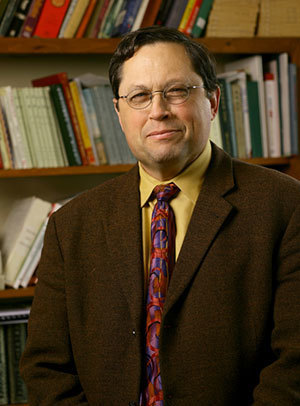 Lionel Jensen
Lionel Jensen
Crowds are gathering in China on Wednesday (June 4) to mark the 25th anniversary of the Tiananmen Square crackdown, during which soldiers in Beijing killed hundreds of students, workers, and professionals peacefully seeking greater democracy and limits on corruption. Lionel Jensen, associate professor of East Asian languages and cultures at the University of Notre Dame, says the country continues to struggle with the same problems that provoked those protests, even as its government works feverishly to erase all memory of those fateful events.
“To this day, China lives with the consequences of their former leader Deng Xiaoping’s order to slaughter the innocents at Tiananmen,” Jensen says, “and its government, corrupt and illegitimate, struggles mightily with widespread corruption and illegality of a Communist Party that had become a new class independent of the people. Today, violence and coercion wrapped in the rhetoric of ‘harmony’ and ‘stability maintenance’ remain the chief mechanisms of social order.”
Since early this year, as international media reported on the toxic urban pollution throughout China’s major cities, Jensen says, the country campaigned to punish corruption of its officials while simultaneously launching a repressive preemptive campaign to silence the many voices of criticism likely to erupt in the weeks before the 25th anniversary of the bloody crackdown at Tiananmen.
“When the government is conscious of its own illegitimacy in the eyes of its people, this kind of action cannot start early enough,” Jensen says. “Beginning in March, all major intersections near the Square have been patrolled by the police and about 100 citizens have been incarcerated for reasons of ‘state security.’ This obsessive program to limit the prospect of public demonstrations and press interviews is ludicrous in its extremes.”
“The informational blackout and the repressive onslaught against memory may have become regular features of the political agenda,” he says, “but it is the rising wave of popular disappointment in the Communist Party’s urgent repression married to a well-schooled and protective cynicism practiced by the country’s citizens that makes Tiananmen powerful and unforgettable.”
Note to Media: Jensen’s comments may be used in whole or in part; he is available for interviews and can be reached at 574-631-7699 or jensen.21@nd.edu
Originally published by at news.nd.edu on June 04, 2014.


